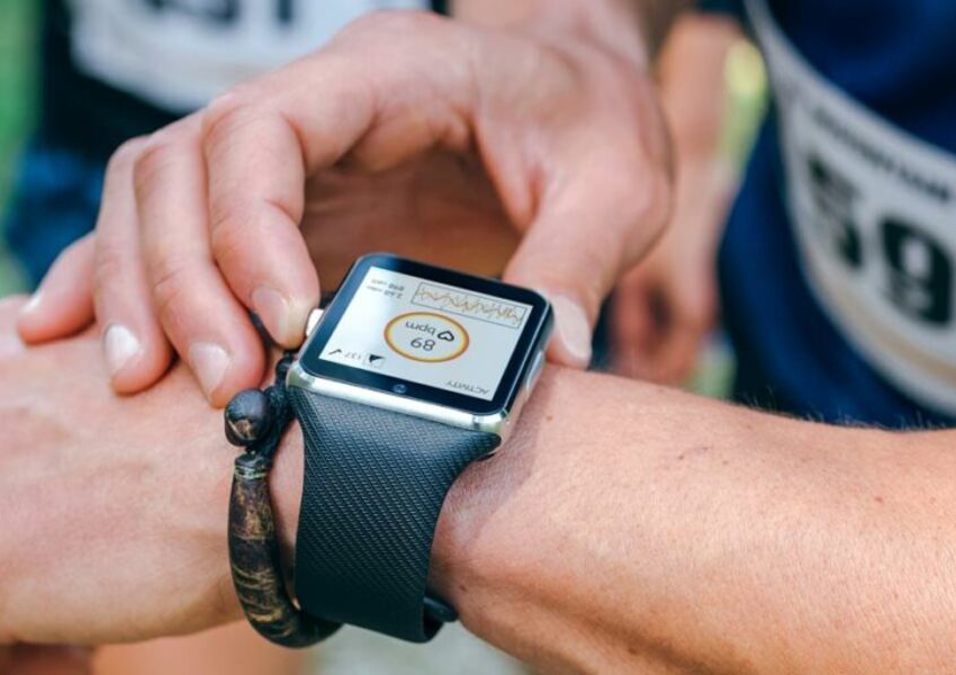Can a Smartwatch Keep You Motivated?

SIGN UP FOR YOUR FREE DAY PASS TODAY!
The most challenging aspect of any fitness plan is staying consistent. Research reveals that approximately half of individuals who start exercising stop within six months.
However, recent studies show that wearable devices, like smartwatches, significantly boost long-term activity levels.
Users are even seven times more likely to maintain their exercise routines after six months compared to non-users.
Read Also: Whoop 5.0 Debuts with New Membership Plans and Advanced Features
The Impact of Wearables on People with Type 2 Diabetes
A study targeting adults recently diagnosed with type 2 diabetes highlighted the benefits of wearable tech.
With physical activity being crucial for managing type 2 diabetes by improving blood sugar levels, heart health, and overall life quality, the study aimed to tackle common barriers like low motivation or uncertainty about safe exercises.
The research involved 125 adults aged 40-75 from the UK and Canada, all of whom worked with exercise experts to design personalized fitness plans.
Half of the participants used wearable tools like movement trackers, heart rate monitors, and fitness apps. Remarkably, participants with these devices were:
- Ten times more likely to start exercising consistently.
- Seven times more likely to maintain activity after six months.
- Three times more likely to stay active a year later, even after stopping professional support.
By the program’s end, over 50% of those in the smartwatch group met recommended activity levels, compared to only 17% in the control group.
Personalized notifications, adaptable plans, and data-driven feedback proved to be crucial motivators for these results.
The Broader Benefits of Wearables
Beyond diabetes management, wearable technology has shown similar advantages for the general population. For instance:
- One trial revealed that adults using pedometers and receiving tailored advice increased their daily step count by 660 steps within 12 weeks and maintained higher activity levels years later.
- A 2022 review analyzing over 160 studies found that fitness trackers elevated physical activity levels by approximately 1,800 steps daily, particularly when combined with personalized feedback and support.
Modern wearables have evolved, now tracking various metrics like heart rate, activity intensity, and more. These advancements make them powerful tools for forming lasting, healthy habits.
Maximizing Your Wearable’s Potential
To make the most of your wearable device, consider these tips backed by research:
-
Set Clear Goals
Break down broad goals like "get fit" into achievable, specific steps, such as "walk 7,000 steps daily." Using app-based goals makes them more actionable and less overwhelming.
-
Establish a Routine
Plan your workouts and set reminders. Sticking to a consistent schedule helps solidify exercise as a habit.
-
Track Progress
Regularly monitor your activity to stay motivated. Seeing your efforts reflected in your progress reinforces accountability and a sense of accomplishment.
-
Reward Small Wins
Use features like badges or streaks on your device to celebrate milestones. These small rewards can encourage you to maintain consistency.
-
Engage a Support System
Share your progress with friends, family, or a coach. Having accountability partners provides encouragement and helps you tackle challenges more effectively.
-
Remember the Tracker is a Tool
Your wearable supports, but doesn’t replace, behavior change. Use it to complement your goals by building sustainable habits.
Wearables for Long-Term Success
When paired with structured programs and personalized support, wearable devices effectively encourage lasting physical activity.
While particularly beneficial for managing health conditions like type 2 diabetes, wearable technology, combined with proven habit-building methods, can empower anyone to achieve their fitness goals.
Whether it’s increasing steps, tracking heart rate, or gamifying progress, wearables could provide the motivation you need to stick to a healthier lifestyle.
Source: independent
The opinions shared in the GymNation blog articles are solely those of the respective authors and may not represent the perspectives of GymNation or any member of the GymNation team.
GET YOUR FREE TRIAL TODAY
































































































